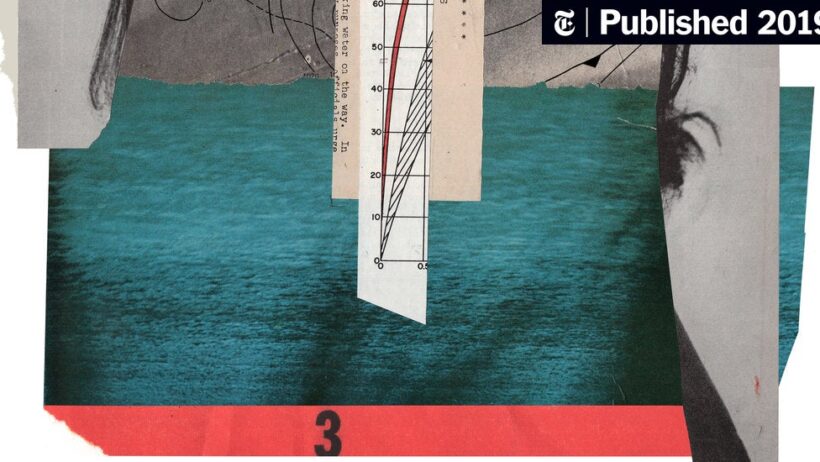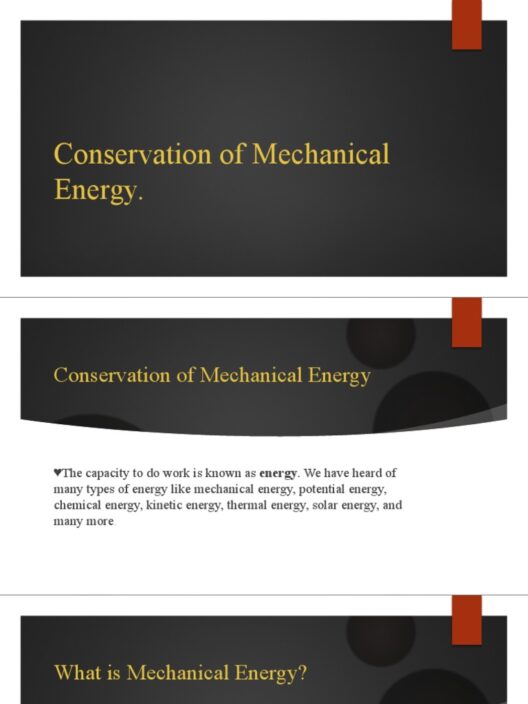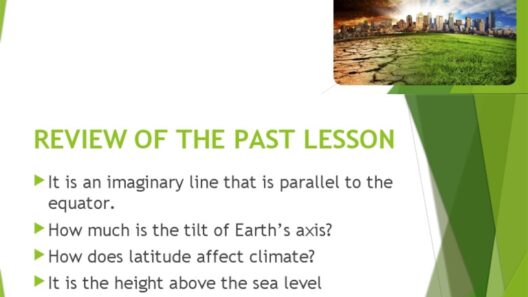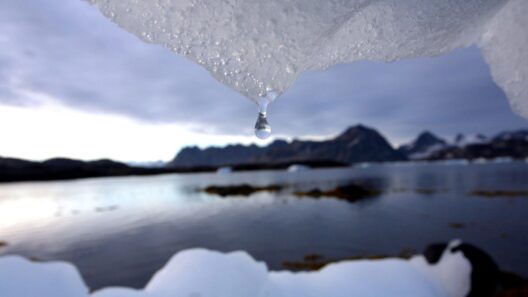Climate change can be likened to an insidious creep, a slow suffocation, wrapping itself around the very fabric of our existence. Unlike a sudden storm that is evident in its ferocity, the impacts of climate change manifest subtly at first: quaint shifts in weather patterns, unseasonably warm winters, or an abnormal deluge during monsoon months. The inception of change tends to go unnoticed, but as time unfolds, the repercussions become unbearably conspicuous. From dwindling ice caps to torrential floods, the elements of our planet are in flux. As humanity embarks on an unsustainable path, the consequences of ignoring this phenomenon reverberate through the corridors of time, casting shadows over future generations.
At its core, climate change represents an existential conundrum. The atmosphere, laden with carbon emissions, resembles a thick shroud of smoke enveloping a fine art gallery, obscuring the inherent beauty of our natural world. As carbon dioxide levels escalate, the delicate equilibrium of ecosystems is disrupted. Such alterations precipitate a cascade of effects: habitats that once thrived succumb to desolation, species are thrust into the precipice of extinction, and biodiversity where vibrant life once flourished reduces to a homogenized landscape. The stark reality is that we coexist in an interconnected web; the loss of one thread can lead to the unraveling of countless others.
Moreover, the economic ramifications are substantial. As inclement weather disrupts agricultural output, we are left grasping at the frayed edges of food security. Farmers are becoming increasingly vulnerable to erratic weather. In regions once considered fertile, droughts now scorch the land, while elsewhere, floods inundate farmland, erasing entire harvests. Prices climb, and accessibility diminishes. This is not merely an agricultural issue; it burgeons to affect global markets, deepening inequalities as the vulnerable bear the brunt. The wealthy, cloistered in their affluence, may weather these storms, but the rising tide of suffering will eventually breach their shores.
Climate change reconfigures our very notion of justice and equity. Communities of color, low-income neighborhoods, and indigenous populations often suffer the gravest consequences despite contributing the least to greenhouse gas emissions. This systemic inequity is not just unfortunate; it is a travesty that demands our collective attention. The very essence of humanity should compel us to confront this injustice, to foster empathy, and to advocate for those marginalized by the unfolding climate crisis. When vulnerable communities face the brunt of calamities, it becomes clear that our fight extends beyond environmental advocacy; it transforms into a quest for human rights.
Furthermore, the psychological impact of climate change cannot be overlooked. The concept of eco-anxiety has emerged, manifesting in feelings of dread and helplessness as we witness the unraveling of nature. This pervasive angst can drown hope, creating a cycle of despair that numbs both the mind and spirit. Yet grappling with such emotions may serve as a catalyst for action. Channeling that unease into meaningful change represents a transformative opportunity, allowing individuals to become advocates in the climate movement. Awareness transforms into agency, fostering a sense of connection amongst like-minded individuals dedicated to safeguarding our planet.
The narrative of climate change echoes through history, serving as a cautionary tale. The moment we dismiss these warnings—akin to disregarding a smoke alarm—we risk descending into a cataclysm. Scientific insight is no longer a theoretical exercise tucked away in academic journals. It is a clarion call demanding immediate attention. The United Nations reports illuminate the urgency: we have merely a decade to curtail emissions drastically to prevent dire ramifications. The hourglass is slipping. When scientists urge action, they are not monopolizing knowledge; they dissecting a meticulous analysis of our circumstances in real-time.
Innovation, rather than stagnation, is the linchpin in our response to climate change. Technological advancements herald potential solutions—renewable energy sources shine as beacons of hope. Solar panels and wind turbines represent more than just equipment; they symbolize a paradigm shift toward sustainable living. Embracing these innovations paves the path toward resilience, enabling societies to mitigate future risks. By investing in clean technologies, we not only reduce emissions but also stimulate economic growth, creating jobs and cultivating a sustainable future.
Similarly, fostering a culture of conservation becomes imperative. The metaphor of the ‘ecological footprint’ emerges, urging each of us to examine the impact of our existence on the planet. Making conscientious choices—such as minimizing waste, opting for sustainable transportation, and supporting local agriculture—can collectively engender significant change. It may seem inconspicuous, but each small action reverberates, culminating in a powerful global movement that can counteract the pernicious effects of climate change.
The discourse around climate change ought to transcend borders. Nations must unite in the face of a common adversary. International cooperation, motivated by mutual accountability, paradoxically breeds resilience. The challenges we face are not isolated; they ripple across continents and oceans. Shared knowledge, resources, and innovation can create a robust global framework for tackling this crisis head-on, revealing our collective strength in unity.
Thus, the spectre of climate change looms large, demanding our unwavering focus. Ignoring its perils would be akin to shunning the warning signs of a looming gale. As the tides change, so too must our policies, our lifestyles, and our perspective. The ultimate question remains: will we acquiesce to despair, or will we harness our capacity for change? One path leads toward a grim future illuminated by loss; the other offers the scintillating prospect of renewal, sustainability, and hope. Complacency is not an option. The call to action is here and now—our planet relies upon it.








